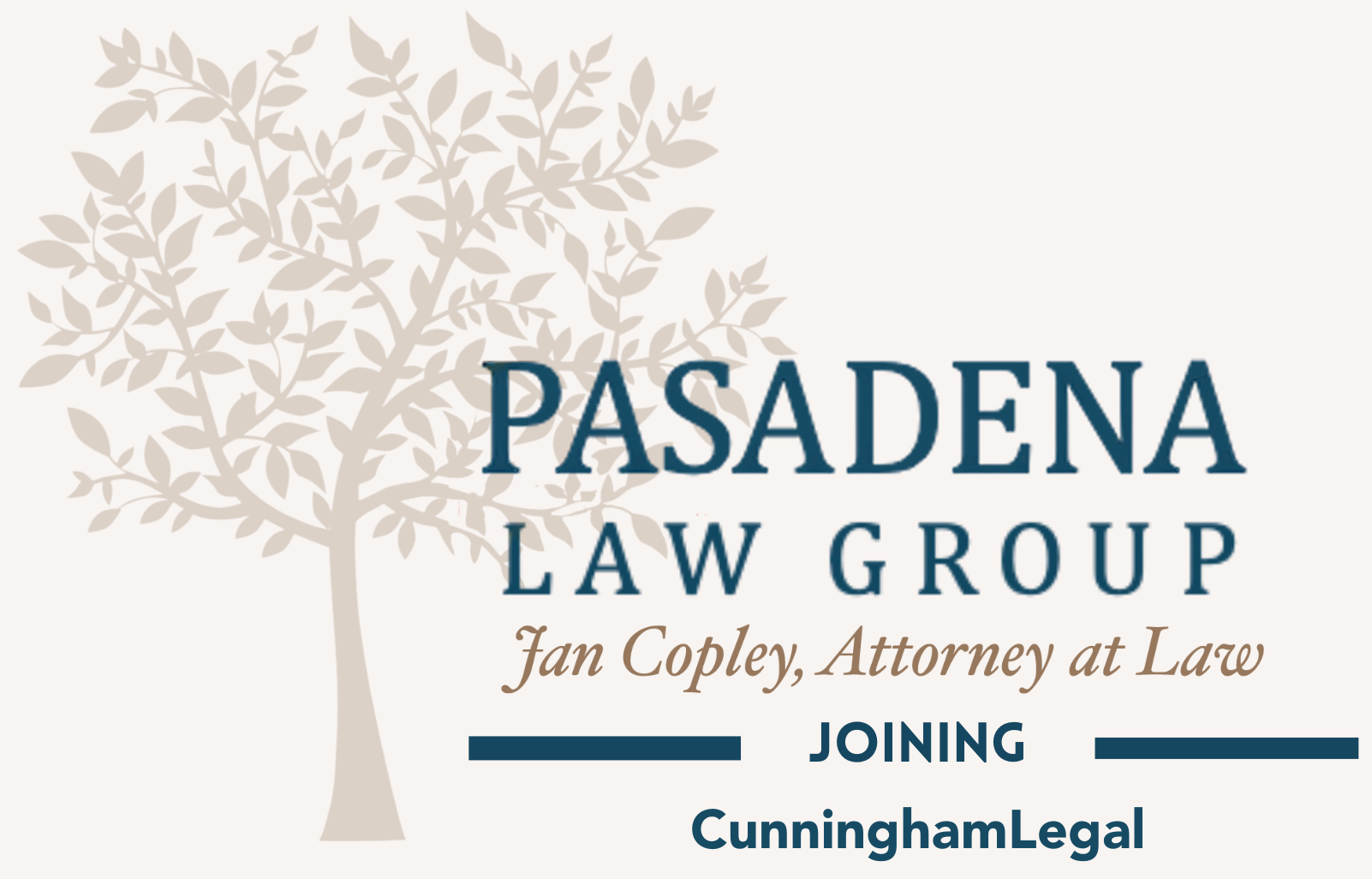Transfer tax laws have historically been unpredictable. This can leave a lot of people confused when it comes to tax-oriented estate planning. A recent article discusses several important aspects of the current state of tax-oriented estate planning.
Tax-oriented estate planning often begins with use of the estate tax marital deduction. Through this deduction, all of the first-to-die spouse’s assets pass to the surviving spouse free of federal estate tax. The catch, however, is that federal estate tax liability will kick in when the surviving spouse dies. At that point, all of the assets that initially passed tax-free will be taxed as part of the surviving spouse’s estate.
The marital deduction therefore only prolongs federal estate tax exposure. If an individual would like to eliminate this liability, he or she must “give away” his or her property so it is not part of his or her estate when he or she dies.
There is a caveat to giving away property, however, is that if you gift up to or over a certain amount, you will have to pay gift tax on that amount. There are therefore scores of estate planning maneuvers designed to reduce the value of any assets given away as gifts. These techniques include family limited partnerships, grantor retained annuity trusts, and selling the assets to an intentionally defective grantor trust.
For assistance in planning to avoid estate tax liability, or for any other estate planning needs, contact us at (626) 696-3145.










